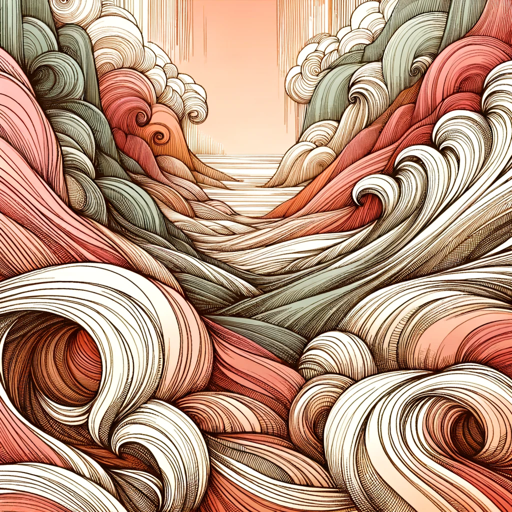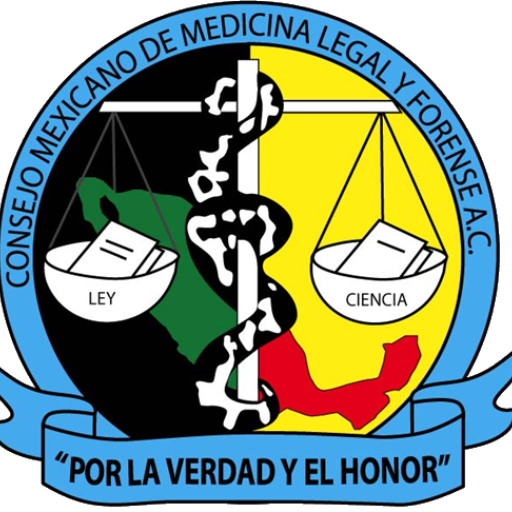Reverse Image Search by Copyseeker-image search via URL.
AI-Powered Reverse Image Search.
Can you find the origin of this image URL?
Where does this image come from?
Help me trace the source of this image.
What can you tell me about this image's background?
Related Tools
Load More
Image Copyright Avoider v1.0.1
Makes safe, appropriate visual changes to avoid copyright. (Stays within guidelines)

Image Copy Expert
Your go-to for transforming images into fresh designs.

Meme Finder
Humorous meme finder focusing on TikTok, Instagram, and YouTube.

Image Search
A helpful guide for finding images based on user descriptions.

Reverse Fashion Search
Your go-to style finder! Just upload a fashion image, and I'll swiftly identify the outfits and find similar, must-have pieces for you, ensuring a seamless and personalized shopping journey! 🌟👗🛍️

POWERSOFT365 Image Finder
I search Google for images based on your descriptions and share links.
20.0 / 5 (200 votes)
Introduction to Reverse Image Search by Copyseeker
Reverse Image Search by Copyseeker is a tool designed to facilitate the identification and discovery of images across the internet. By allowing users to input image URLs, the service sends a request to a specialized backend API (https://api.copyseeker.net/OnGptImageSearchByUrl) to retrieve information related to the image. This service is particularly useful for verifying the authenticity of images, finding higher resolutions, tracking image usage, and discovering related content. For example, a user might encounter a photograph online and want to know its origin or find similar images. By submitting the image URL, the user can receive results that include various sources and related information, making it easier to understand the image's context and background.

Main Functions of Reverse Image Search by Copyseeker
Image Verification
Example
A journalist verifying the authenticity of a viral image.
Scenario
A journalist encounters an image on social media that claims to depict a recent event. To verify its authenticity, they use Reverse Image Search by Copyseeker to check where else the image has appeared online, determining if it has been previously used in different contexts.
Finding Higher Resolution Versions
Example
A graphic designer seeking a high-resolution version of an image.
Scenario
A graphic designer finds a low-resolution image that would be perfect for a project. By inputting the image URL into the search tool, they can locate higher resolution versions of the same image available on different websites.
Tracking Image Usage
Example
A photographer tracking the use of their work online.
Scenario
A photographer wants to know if their images are being used without permission. By entering the URLs of their images, they can see where their work has been posted online, helping them to manage copyright issues.
Ideal Users of Reverse Image Search by Copyseeker
Journalists and Researchers
These users benefit from verifying the authenticity of images, ensuring accurate reporting and research. Reverse Image Search by Copyseeker helps them trace the origin and context of images, crucial for fact-checking.
Creative Professionals
Graphic designers, photographers, and artists use this service to find higher resolution images, track the use of their work, and discover visually similar content. This aids in both creative inspiration and protection of intellectual property.

How to Use Reverse Image Search by Copyseeker
Visit aichatonline.org for a free trial without login, no need for ChatGPT Plus.
Begin by accessing the service without any requirements for login or subscription.
Ensure you have a valid image URL.
The image should be hosted online and accessible via a direct link.
Submit the image URL.
Enter the URL into the provided input field for processing.
Review the search results.
The tool will provide a clickable discovery URL with the search findings.
Use the results as needed.
Utilize the information provided for your research, verification, or other purposes.
Try other advanced and practical GPTs
日英自動翻訳GPT
AI-powered Japanese-English translations made easy.

Levantine Arabic
AI-Powered Levantine Arabic Learning

経済ニュース【わかりやすく要約】
AI-driven insights for economic news

Thumbnail Designer
AI-Powered Thumbnail Creation Made Easy

Academic Ghostwriter
AI-Powered Thesis Assistance for Students

Satisfactory Advisor
AI-powered factory optimization for Satisfactory

Drawing & Video Prompt Generator
AI-powered prompts for creative projects.

One Click SEO Optimized Blog Post Writer
AI-powered blog content for SEO success.

English Redrafts
AI-enhanced content reimagining tool

Net Present Value (NPV)
AI-powered NPV calculator for smart investment decisions

Imagem Master
AI-driven image and content creation.

PERITOMÉDICO
AI-powered clinical and legal analysis

- Content Creation
- Social Media
- Research
- Verification
- Trademark Check
Frequently Asked Questions about Reverse Image Search by Copyseeker
What is Reverse Image Search by Copyseeker?
It is a tool that allows users to find information related to an image by submitting its URL for a search.
How do I submit an image for search?
You need to provide a direct URL to the image. Uploading image files directly is not supported.
What kind of images can I search?
You can search any image as long as it is accessible via a direct URL.
What results can I expect?
The tool provides a discovery URL with relevant information related to the image you submitted.
Is my data kept private?
Yes, the tool does not retain images or personal data, adhering to strict privacy policies.